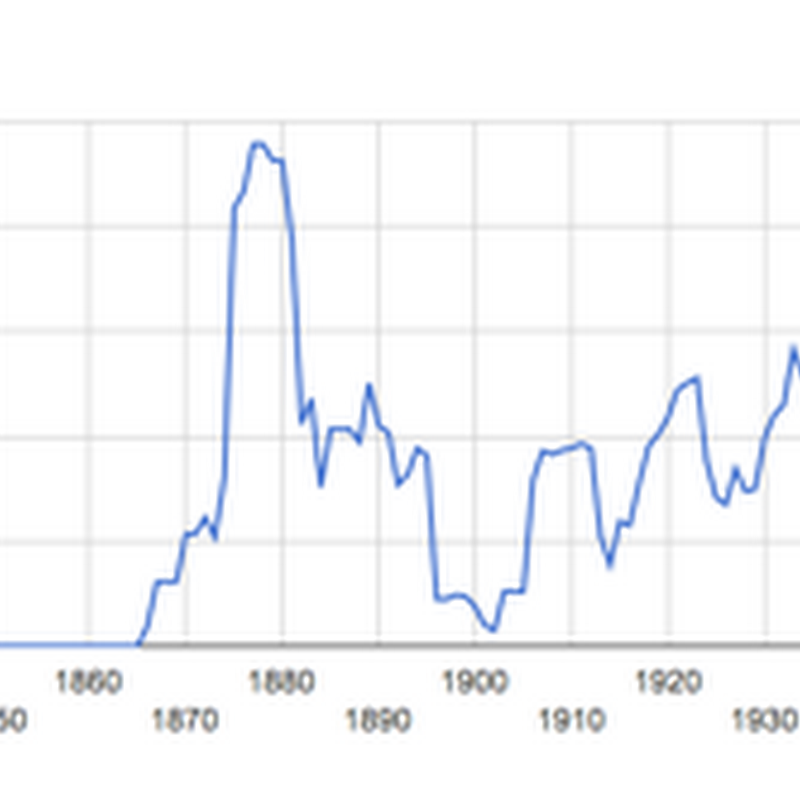
Seit knapp einem Jahr steht die Deutsche Digitale Bibliothek als Betaversion online, seit Montag nun bietet sie auch eine API an. Über die Schnittstelle können Entwickler Daten aus dem Katalog der DDB auslesen und für weitere Anwendungen verwenden. Was in der Welt der Softwareprojekte und Plattformen kaum erwähnenswert wäre – die pure Existenz einer Schnittstelle […]
The post Deutsche Digitale Bibliothek jetzt mit API appeared first on iRights.info.




